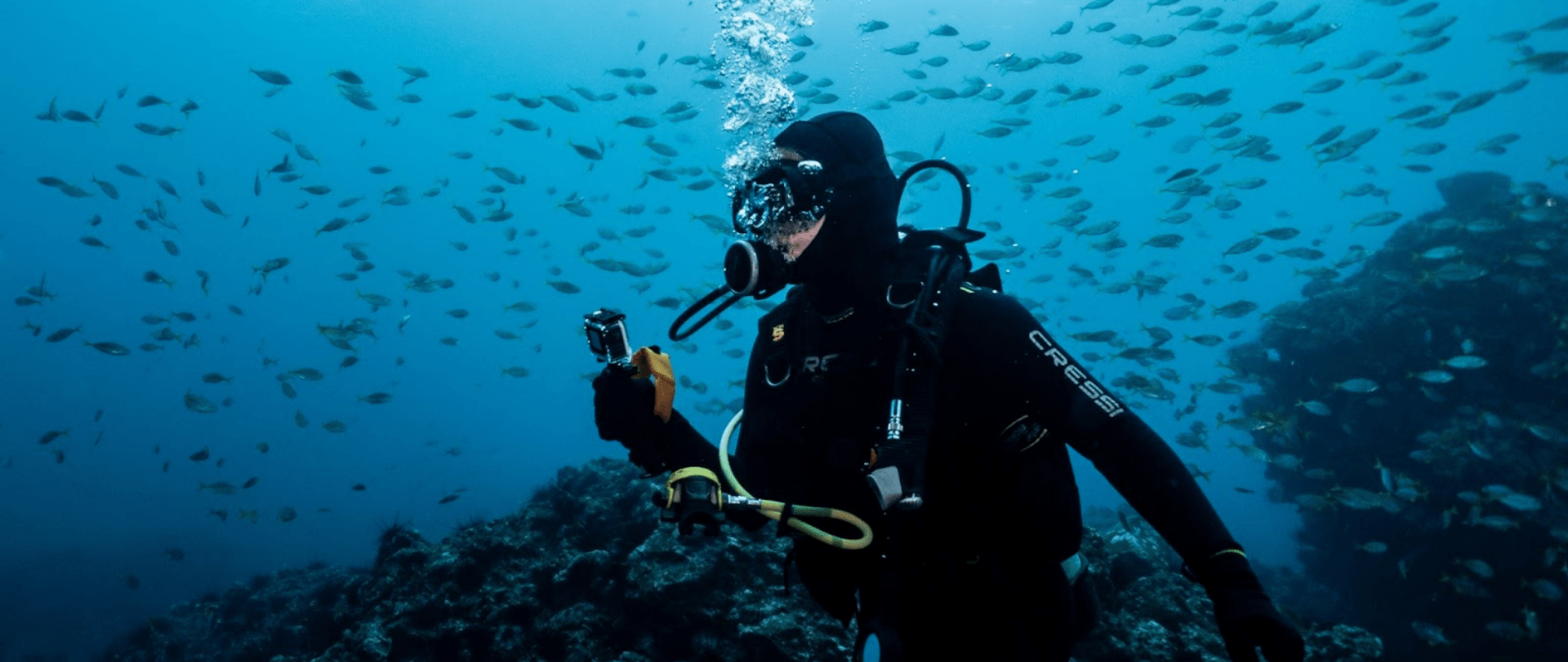March 20, 2025
The Database of Island Invasive Species Eradications (DIISE)
The DIISE is full of important, publicly-accessible data about projects to remove invasive species from islands all around the world!
We use cookies to help you navigate efficiently and perform certain functions. You will find detailed information about all cookies under each consent category below.
The cookies that are categorized as "Necessary" are stored on your browser as they are essential for enabling the basic functionalities of the site. ...
Necessary cookies are required to enable the basic features of this site, such as providing secure log-in or adjusting your consent preferences. These cookies do not store any personally identifiable data.
Functional cookies help perform certain functionalities like sharing the content of the website on social media platforms, collecting feedback, and other third-party features.
Analytical cookies are used to understand how visitors interact with the website. These cookies help provide information on metrics such as the number of visitors, bounce rate, traffic source, etc.
Performance cookies are used to understand and analyze the key performance indexes of the website which helps in delivering a better user experience for the visitors.
Advertisement cookies are used to provide visitors with customized advertisements based on the pages you visited previously and to analyze the effectiveness of the ad campaigns.

Last week a new paper (with significant contributions from Island Conservation’s Coral Wolf and David Will) has shown that once invasive species have been removed from islands, seabird populations can be – and have been – restored with remarkable success. The study synthesizes 851 events, covering 138 species in 551 locations and 36 countries, and pulls on 1,400 resources and over 300 experts. It truly is a triumph for organizations relying on science-based interventions.
But what does it mean for Island Conservation’s work to be “science based”? Although restoring islands and helping ecosystems recover is meaningful, inspirational and motivating to many, those ethereal psychological concepts are subjective and often don’t always provide the best return on investment in practical terms. Science-based interventions, on the other hand, rely on demonstrable, reproducible data as a constant reference.

All Island Conservation projects begin and end with scientific data. In fact, new research that recognizes the critical link between island and marine ecosystems inspired the Island-Ocean Connection Challenge (IOCC). This campaign is a call for island communities, governments and NGOs to work together in order to restore 40 islands by 2030. Mainstream news outlets are finally talking about the importance of “connector” species that live between land and sea – all based on new data.
Scientific evidence for the extraordinary benefits removing invasive species has on islands can be found in abundance. One study synthesized over 100 years of data to show that removing destructive invasives is one of the best conservation tools we have at our disposal. Another study is smaller in scope but confirms direct, quantifiable benefits to seabirds after invasive rodents have been removed from the islands to which they are native.
Last year, a paper focused on Mexican Islands in the California Current System provided data that reinforces the theory that these interventions don’t only benefit seabirds, but the entire island-marine ecosystem as a whole. Healthy, invasive-free islands are far more resilient in the face of climate change than those with destructive rodents, as the authors reveal:
Our results suggest that these islands support healthy and growing populations of seabirds that have shown to be resilient to extreme environmental conditions. [S]uch resilience has been strengthen[ed] from conservation and restoration actions such as the eradication of invasive mammals, social attraction techniques and island biosecurity.”

So what does it all mean? It means that the best courses of action in conservation don’t rely on hunches and good feelings, but instead are constantly enhanced, refined and humbled by the facts. The legendary science communicator and astronomer Carl Sagan said:
Science is more than a body of knowledge. It’s a way of thinking, a way of skeptically interrogating the universe with a fine understanding of human fallibility.”
Island Conservation’s scientists, field staff, supporters and donors all demand that our efforts incorporate robust testing, verification and inquiry. We wouldn’t have it any other way!
Want to submit a scientific paper or new conservation research we should be aware of? You’re welcome to send it to info@islandconservation.org!
Check out other journal entries we think you might be interested in.
Notifications